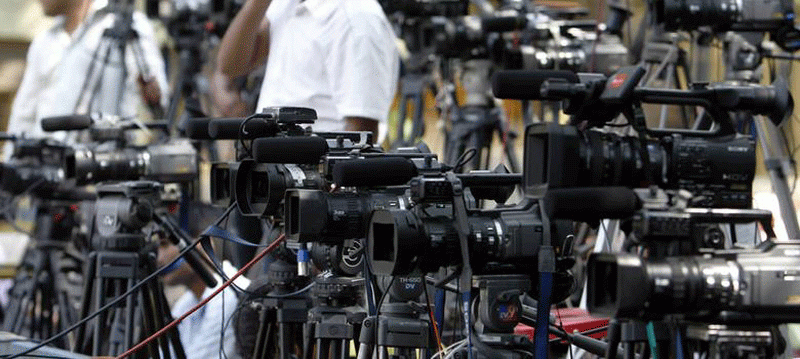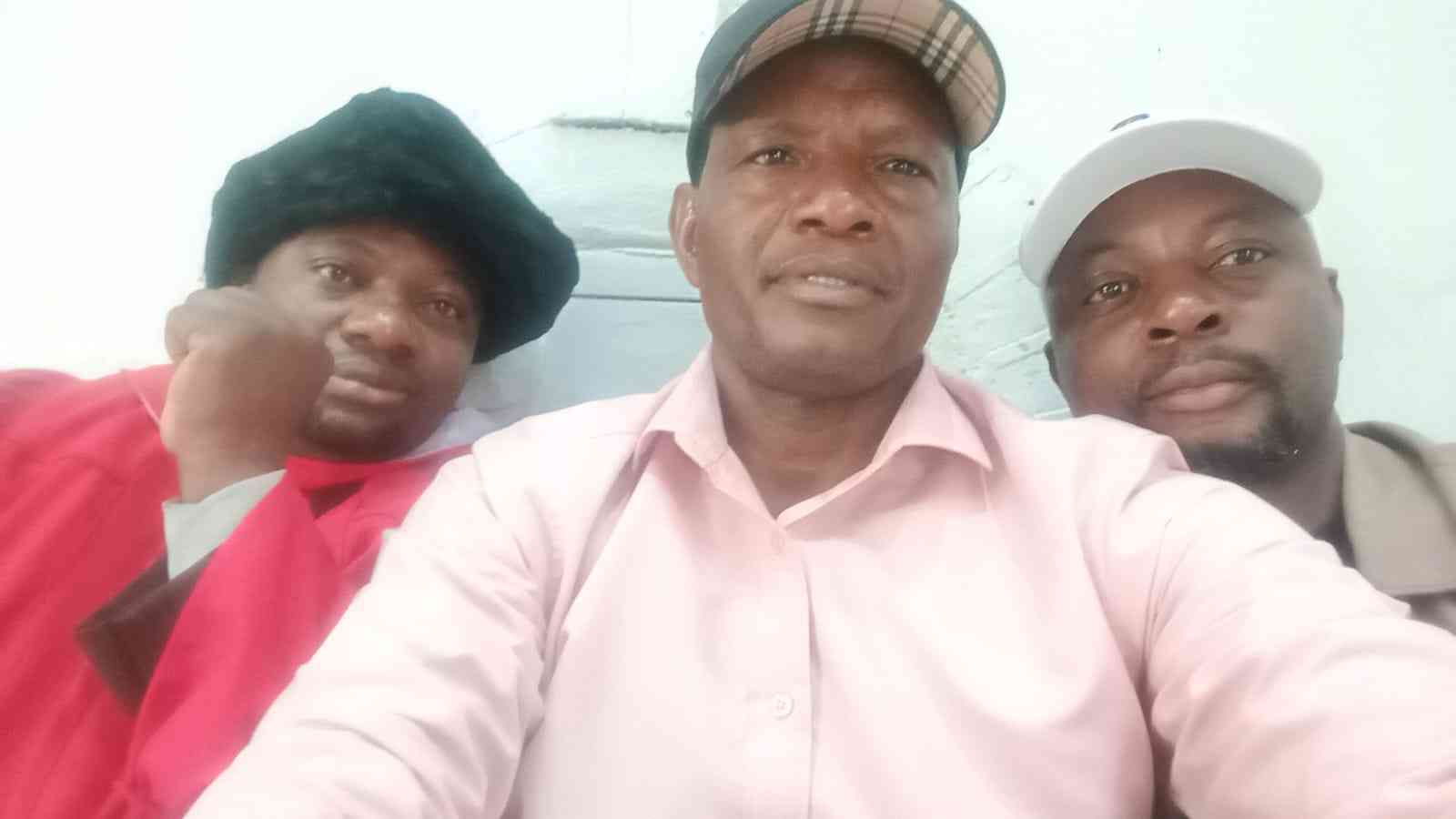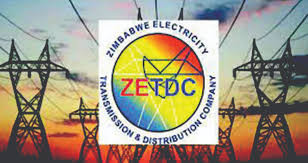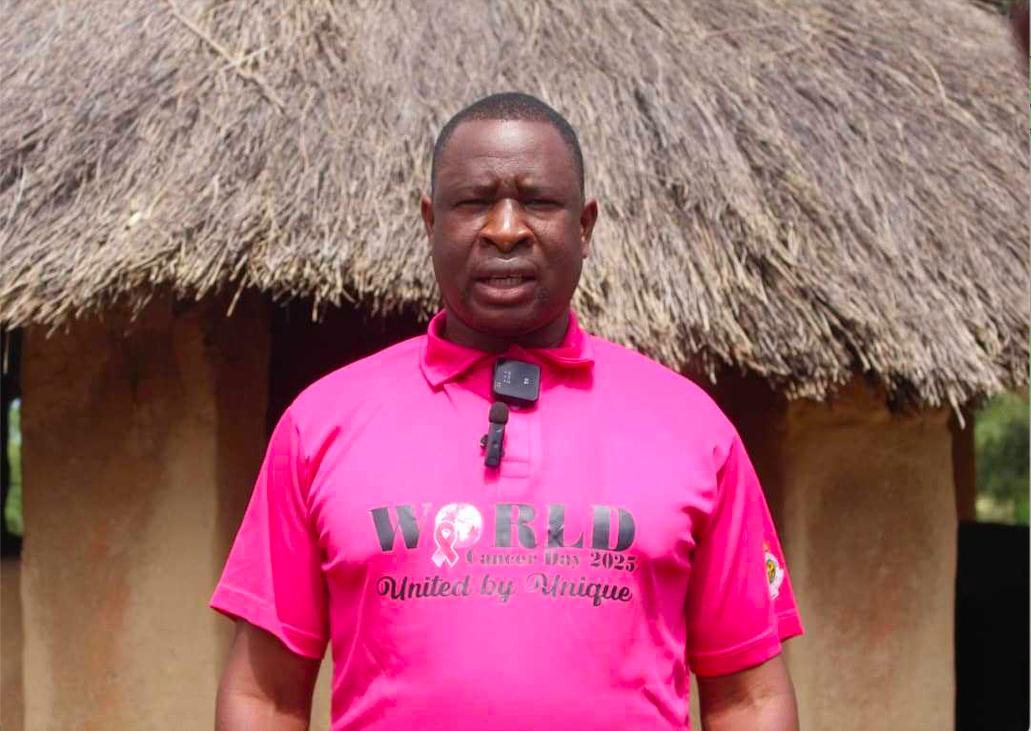
Freedom of the press is a fundamental human right that is also key to promote democracy, a senior United States embassy official has said.
Rebecca Archer-Knepper, the public diplomacy Officer at the US embassy in Harare, told journalists in Kadoma on Friday that her government considered a free media “indispensable”.
She was speaking virtually at the beginning of a two-day investigative journalism workshop that was organised by Information for Development Trust (IDT), a non-profit organisation supporting journalists to report on corruption and public accountability.
The training brought together more than 15 media practitioners from across the country.
It was meant to promote the skills and knowledge of journalists to effectively investigate the socio-economic, environmental, labour and human rights impact of foreign investments in Zimbabwe.
The administration of President Emmerson Mnangagwa established the Zimbabwe Investment and Development Agency in 2020 to promote domestic and foreign investment but there have been widespread complaints relating to the conduct of some outside investors and how they have been licenced.
“The United States government considers freedom of the press a core principle of democracy,” said Archer-Knepper.
“We believe that freedom of information and expression and access to information are fundamental human rights.”
- Corruption watch: No-one is taking the Motlanthe report seriously
- Corruption watch: The scary return of Green Bombers
- Chinese threats on The Standard condemned
- News in depth: Gold mines poison Manicaland rivers with cyanide, invite Mozambique fury
Keep Reading
The US has over the years worked with numerous organisations in Zimbabwe to raise awareness about the importance of press freedom, providing grants to the public and private media to improve reporting skills and support investigative work.
“We have provided opportunities for journalists and media professionals to participate in exchanges, network building, and high-level meetings.
“We have advocated for journalists’ safety, rights, and access,” said the US diplomat.
The First Amendment of the US constitution helps maintain the balance of power in government and assists citizens engage in democracy by informing them what the government, private, sector and civil society are doing.
Similarly, the Zimbabwean provides for media freedom, free expression and access to information of public interest.
“State-owned and funded media should not be biased in their coverage of political events and campaigns.
“Journalists who criticise the government should not face political persecution for investigative reporting,” added Archer-Knepper.
Human rights defenders, civil society and political parties have over the years called for more reforms of media laws to guarantee greater freedom for journalists who have often faced persecution.
Archer-Knepper bemoaned the financial problems that the mainstream media were facing, resulting in them failing to adequately fund investigative reporting, which she said was vital to hold institutions and individuals accountable while exposing corruption and bad governance.
“News outlets are often unable to support investigative units as budgets for the media are shrinking everywhere but when outlets prioritise this important work, they are truly serving their readers, communities, and societies,” she said.
The IDT has since last year been helping Zimbabwean and southern African journalists investigate foreign investments with support from the US embassy and other partners like the Africa-China Reporting Project.
Most of the investigations supported by IDT so far have mainly focused on Chinese investments, mostly because China provides the largest number of foreign investors.
Recently, the People’s Republic of China’s ambassador to Zimbabwe, Guo Shaochun, mooted the establishment of a team to monitor Chinese and other foreign investments to promote compliance with local laws following widespread public condemnation and media reports.
The Zimbabwean government has since publicly announced that it is probing Chinese companies following concerns about irregular displacements of people and labour rights violations.
Archer-Knepper urged the journalists who attended the training workshop in Kadoma to “adhere to high professional standards”.
“Using your experience and training, you will responsibly and professionally raise awareness about foreign investments in Zimbabwe and the possible positive and negative outcomes of those investments,” she said.
She described the project to investigate foreign investments as timely and urged participating journalists to be impartial and objective.
“Zimbabwe needs foreign investments and partners to make its economy work, but it is important to know what the investments entail, the terms of the agreements, and how they will benefit local communities,” Archer-Knepper said.
“We encourage you to look at investments from any country, even the United States, to ensure the deals are what they say they are.
“ Ethical business practices are essential and exposing unscrupulous practices is an important job for journalists everywhere.”









